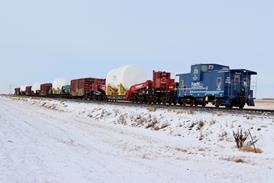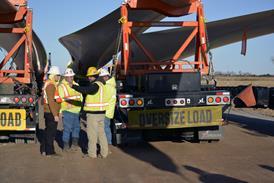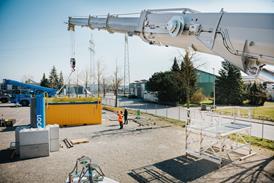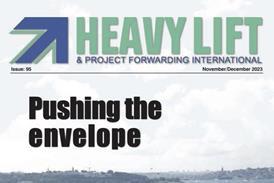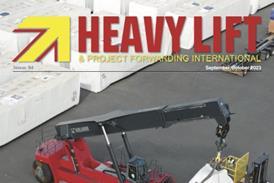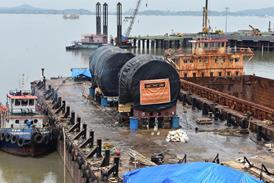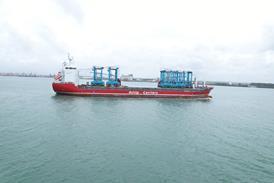May 17 - Whilst it welcomes and supports the Ballast Water Management (BWM) international initiatives and legislation, Intercargo says it should be recognised that their implementation needs to be made in the most effective and practical manner possible.
Ahead of the International Maritime Organization (IMO) BWM Convention entry into force on September 8, 2017, the association for shipowners, managers and operators of dry cargo vessels says it welcomes the purpose and the focus of the Convention, but believes that regulation should take into account the challenges faced by the existing bulk carriers, the largest segment of world shipping by deadweight tonnage.
A newbuilding vessel case is totally different to retrofitting an existing vessel, while a bulker carrier has unique requirements to those of other ship types, Intercargo says, whilst expressing its concerns about the practical problems faced by its members for retrofitting the existing dry bulk ships with Ballast Water Treatment Systems (BWTS) in two papers submitted for consideration at the next meeting of the IMO Marine Environment Protection Committee (MEPC 71) in July 2017.
One of the papers focuses on the challenges faced by bulk carrier owners and operators in regards to retrofitting BWTS on those vessels that use gravity discharged top side tanks and the paper makes a practical proposal to accommodate the use of these specific tanks, which is complementary to and notwithstanding the Committee's discussion on the timeline for implementation of the BWM Convention.
The second paper contains information on the technical and operational challenges of retrofitting BWTS on existing bulk carriers and describes some of the other challenges (such as additional electrical powering requirements and availability of space) faced by the bulk carrier industry. The list of challenges varies from the aforementioned incompatibility of the highly energy efficient gravity discharge, power and space requirements, and ballasting capacity to the availability of systems approved by the United States Coast Guard (USCG).
Intercargo says the industry would welcome a more flexible and pragmatic transition from the first USCG-approved BWTS being disclosed in December 2016, until more proficient technologies and approved systems are made available. This will be assisted by the revised IMO G8 guidelines being brought closer to the USCG's testing regime and the USCG granting extended compliance dates.
The Intercargo secretariat has produced an open article on BWM, providing its insights on the current relevant developments on the implementation of the IMO BWM Convention and US legislation that are of major concern to the shipping community and especially to Intercargo members.


